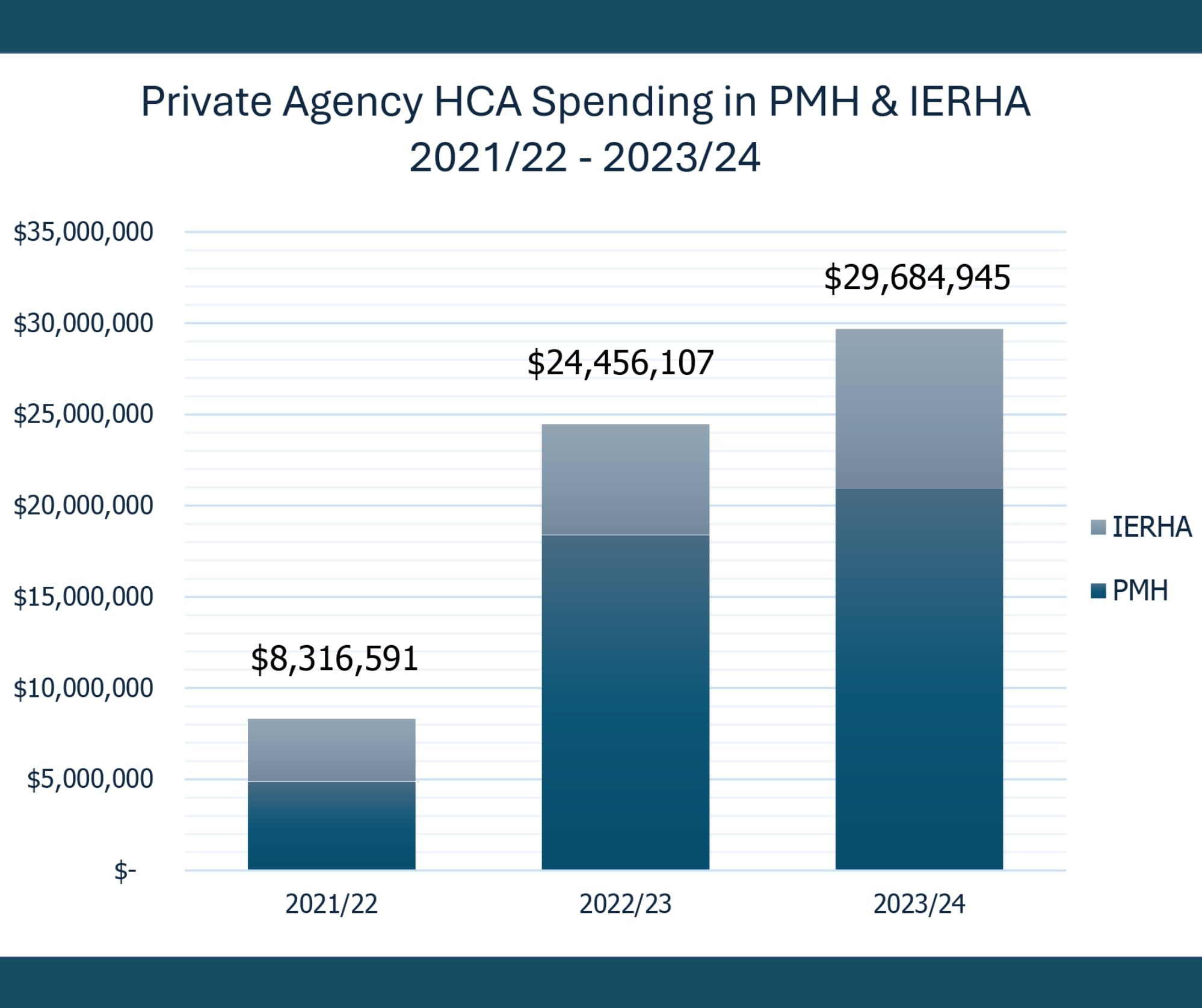In recent discussions with the employer at the bargaining table, health care support members informed the employer that upon ratification of a new collective agreement, they will no longer agree to private-agency staff doing their work in Prairie Mountain Health (PMH) and the Interlake-Eastern Regional Health Authority (IERHA).
The elected Bargaining Committee representing members of Locals 402,403,405,413,421, and 456 said it will work with the employer to make the transition away from private-agency staff a safe and smooth one.
In speaking with the Winnipeg Free Press / Brandon Sun over the weekend about the issue, MGEU President, Kyle Ross said the costs of using private agencies to provide services has ballooned, while the original intent of the language in the collective agreement was to allow for other workers to be brought in when needed, particularly for emergencies.
“It’s really supposed to be used as the exception and right now it’s the norm and that’s not good for anyone,” he told the Free Press. “It’s not good for health care. It’s not good for continued care in these places where they are using agency (help), and we really want to turn it back into the exception. I think we want a system that has workers working in the public system, working in their hometowns, working to support the people that they know and live around.”
 IERHA spent $8.7 million on private-agency health care aides in 2023-24, more than double the $3.4 million the region spent in 2021-22. Meanwhile, PMH spent almost $21 million in 2023-24 on private aides, more than four times the $4.8 million it spent in 2021-22.
IERHA spent $8.7 million on private-agency health care aides in 2023-24, more than double the $3.4 million the region spent in 2021-22. Meanwhile, PMH spent almost $21 million in 2023-24 on private aides, more than four times the $4.8 million it spent in 2021-22.
Aside from the significantly higher costs of using private agencies to deliver services, Ross added that health care aides who work in the public system say a lot of their time is taken up filling-in agency staff who don’t understand the patient’s needs or how things work in the workplace.
He said the solution to Manitoba’s staff vacancy crisis in health care is to start training and hiring more people from within communities where they’re needed, while employers also need to start paying more to make these important jobs in health care more attractive.
The starting hourly wage for a health care aide is just over $20, while workers at some fast-food chains, without any requirements for specialized training, can earn close to the same hourly wage.
“Jobs in health care aren’t entry level,” he said. “It takes a lot more effort, a lot more work, and employers need to be competitive in the market for all of the skill and effort that are required of these jobs.”

